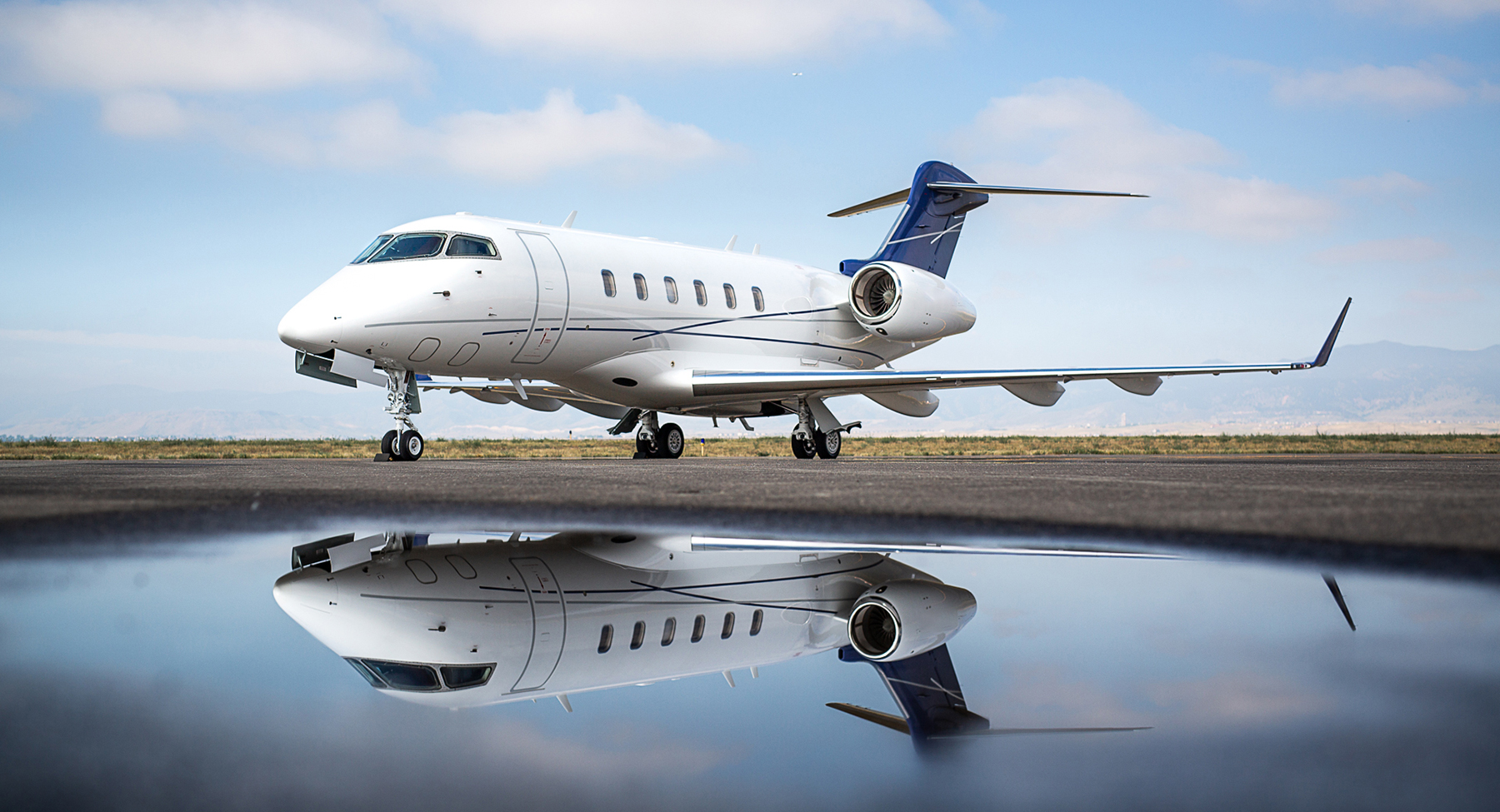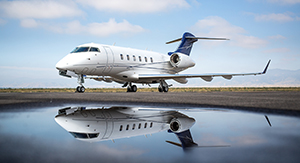Aircraft Financing Requires Planning and Expertise
In considering an aircraft purchase, there’s nothing more important than how it will fulfill the mission required. Getting the right fit for the aircraft is critical to make sure one’s investment is maximized, and this valuable business and productivity tool can be fully utilized.
Not far behind the mission on the priority list, however, should be the financing considerations. Whether it’s one’s first aircraft or the next aircraft, knowing exactly the best way to finance the purchase will reduce headaches later and allow peace of mind and better owner experience.
The key, as in most aspects of the purchase process, is to find and work with people whose expertise can guide buyers through every step. Working with aircraft brokers with trusted connections in financing will make the process – both in the short term and the long run – smoother and more beneficial to the client.
Here are some factors to consider about financing aircraft:
Take Advantage of Bonus Depreciation
As we wrap up 2022, bonus depreciation is a major point that can and should drive purchasers. 2022 is the last year the federal government will allow taxpayers to immediately expense 100% of a preowned aircraft used for business.
If purchasers have had a big business year, they might want to prioritize the aircraft buy because it can offset all potential taxes on those profits, Daniel Cheung, an adviser at Aviation Tax Consultants said. One or two business flights made in 2022 could qualify for the entire purchase price to be depreciated, saving millions.
Even with an aircraft market that has higher prices than a year ago, that can still be a big benefit. It might seem like a premium price, Cheung said, but getting the immediate tax relief would be a net win for buyers. In some scenarios, a buyer might only need to come up with 20% of the purchase price out of pocket, and still take advantage of the full 100% depreciation based on their financing.
One misconception, though, is that bonus depreciation is going away completely. Beginning in 2023, it shifts to 80% immediate, with 20% continuing over time. That’s a significant point, he said, because while there is a sense of urgency with bonus depreciation, it’s more important to have one’s financials set up well and make sure the aircraft fits within the mission and budget requirements for the buyer.
Make Plans Beyond the Purchase Price
If buyers are in a hurry, they might be setting themselves up for financial problems later in the life of the aircraft ownership. One example is by not adequately preparing for ownership, not just for tax purposes, but in terms of audit protections. Trusted tax planners, such as Cheung, prioritize structures that minimize audit exposures.
Having a vetted and compliant structure that is tailored to the owner enables audit risk mitigation. That’s key as everyone has heard by now that more agents will be joining the IRS over the next few years. Instead of rushing into the plane purchase, Cheung said, we want to set up a sound plan for everything with the aircraft. Tax efficiency is less valuable than accurate preparation.
Another factor would be to consider what the aircraft will require in operational costs following the purchase, or maintenance fixes and upgrades. It’s much easier to finance an aircraft purchase that is in the condition the buyer wants, or the amenities they desire, than to fix them after the transaction.
Getting through a “cheaper” aircraft purchase quickly doesn’t make much sense if there are considerable maintenance costs soon thereafter which will require the buyer to pay out of pocket.
The right professionals can help buyers find aircraft that are better fits for their missions. Reach out to Hatt & Associates to walk through all purchase options, including aircraft financing, for the best ownership experience possible.

